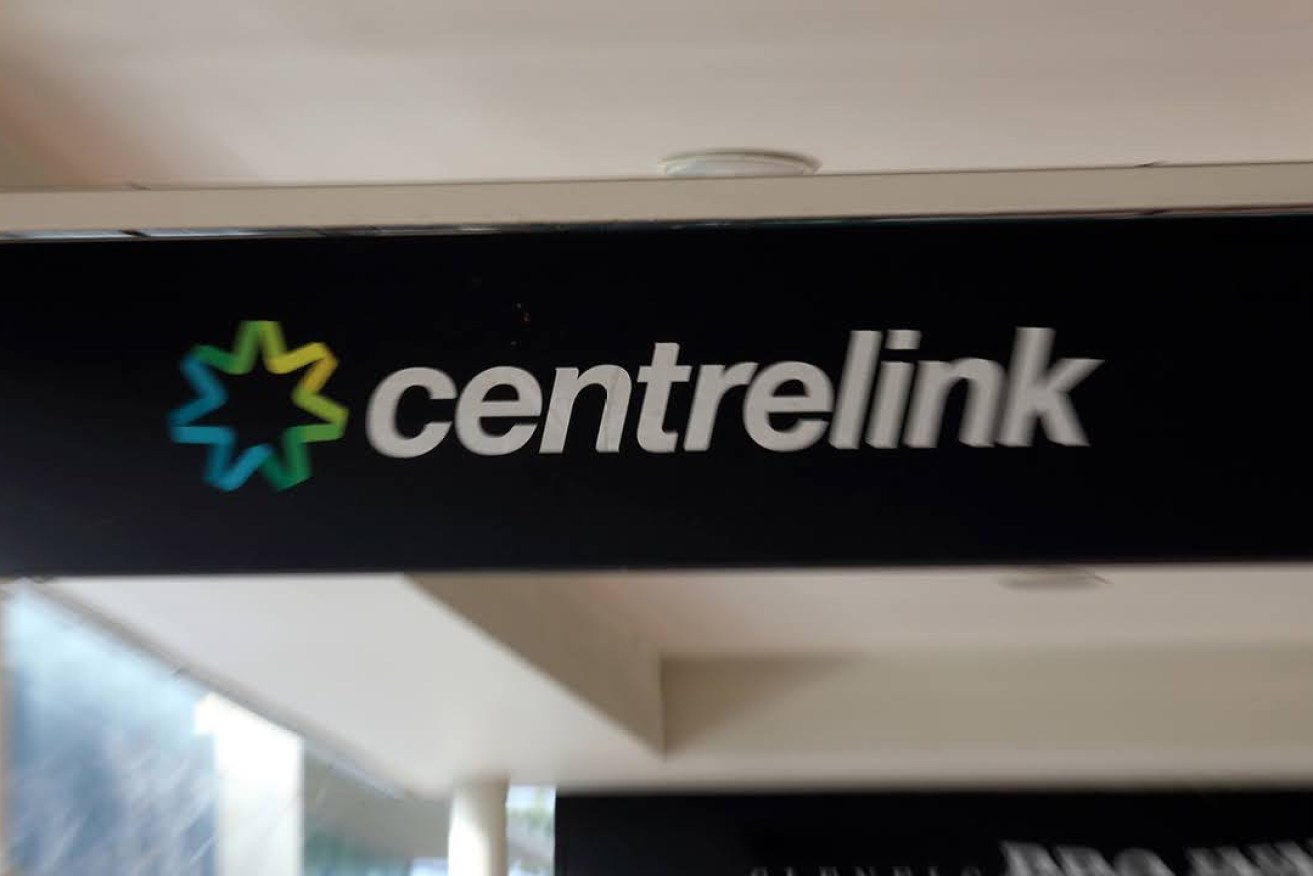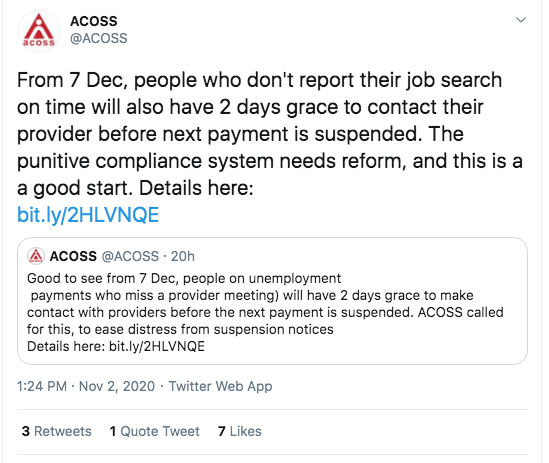Centrelink JobSeeker suspensions rise as mutual obligations return
Job seekers will have 48 hours to contact job employment providers before their payments are temporarily cut, after it was revealed that 74,434 welfare payments were suspended in the month since Centrelink’s mutual obligations regime returned.


Photo: Tony Lewis/InDaily
Greens Senator Rachel Siewert last week said that an estimates hearing was told that since the Federal Government’s mutual obligations were ratcheted up in September, job agencies had suspended the payments of 12,137 First National peoples, 12,135 culturally and linguistically diverse people, 13,169 people living with disability and 6,334 single parents.
The thousands of payment suspensions came amid soaring unemployment rates and a nation-wide recession.
On Monday, the Australian Council of Social Services (ACOSS) reported – as of December 7 – job seekers who missed a meeting with their job agent would have 48 hours to contact the provider before their payments were suspended.
The Australia Unemployed Workers Union tweeted the 48 hours leniency was “huge”.
“It seems a tiny victory, but in reality, this is huge – hundreds of thousands of people will be affected, and for the better,” AUWU said.

The Australian Council of Social Services welcomed the new measure.
Mutual obligations are a range of measures job seekers are required to meet in order to receive their low-income payments and include attending appointments with employment providers.
While mutual obligations were temporarily wound down during the pandemic, from July they were reintroduced in three stages.
As of September 28, job seekers could be punished, and have their payments temporarily cut, for not engaging with the privately-run job service providers and looking for a minimum of two jobs a week.
Job seekers in Victoria remain exempt from meeting mutual obligations due to the pandemic.
The figures tabled at Senate estimates last week showed a total of 74,434 welfare payments had been suspended between September and October.
Prior to the pandemic, job seekers were required to look for up to 20 jobs a month in order to receive their payments.
While the job-hunting requirements were less onerous than the pre-pandemic obligations, Siewert criticised “the punitive mutual obligations system” for disproportionately impacting vulnerable people.
I’m at a loss to understand how suspending a homeless person’s payment in the midst of a recession will help them find work.
“These are cohorts that the Government should be providing additional support for, not punishing them for being on income support,” she said.
“Having a payment suspended is an incredibly stressful thing for someone to go through, particularly if you are living below the poverty line for a long period of time, not to mention in the midst of a pandemic and recession.”
Siewert’s comments followed Anglicare’s Jobs Availability Snapshot report released last month which found nationally there were an average of eight people competing for each position at their skill level.
According to the Snapshot, the underemployment rate had increased by 47 per cent from May last year, while the number of people registered for the federal government’s Jobactive program more than doubled from 619,956 to 1,442,760.
A report released by think tank Per Capital in April estimated the Federal Government’s Jobactive program would cost Australia an additional $210 million – on top of the roughly $1.3 billion the nation forked out to outsource the service each year – as a result of the increase in unemployment due to the pandemic.
Mutual obligations have previously led to a number of inquiries, including a senate report last year which found people on the scheme were gaining employment “in spite of Jobactive not because of it”.
It followed an expert advisory panel report in 2018, which outlined a number of recommendations on how employment services could best assist job seekers and employers.
The recommendations included reflecting changes in the workforce, orientating resources towards improving outcomes for disadvantaged job seekers and improving the quality of services delivered by employment services. They are due to be introduced in 2022.
InDaily contacted Services Australia and was referred to the Department of Education, Skills and Employment.




